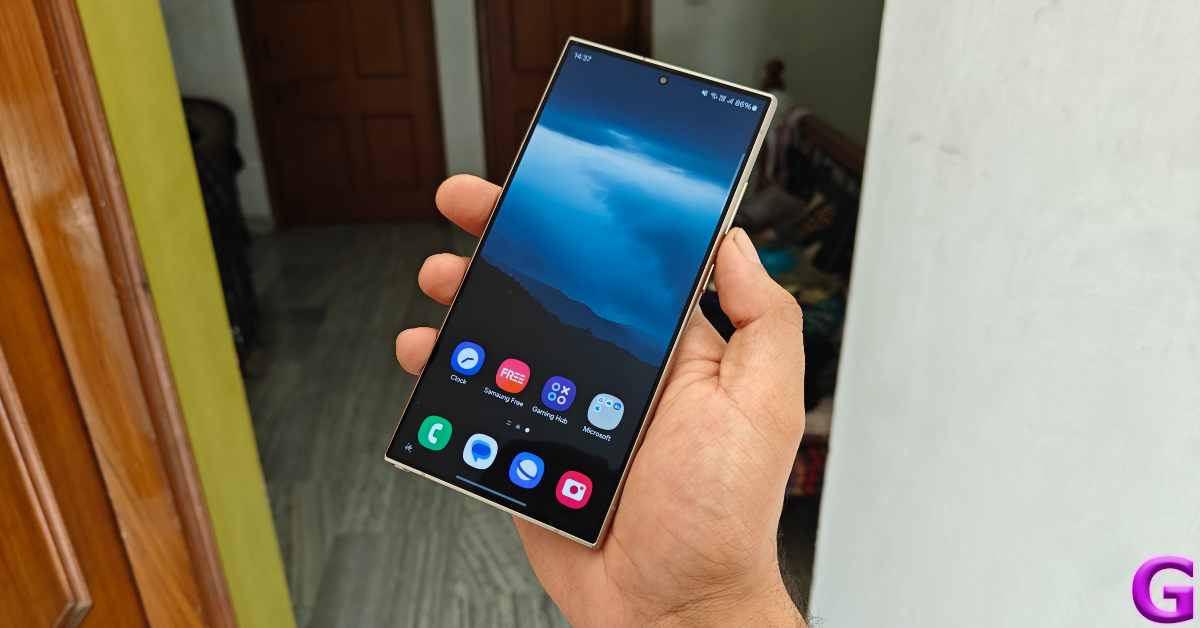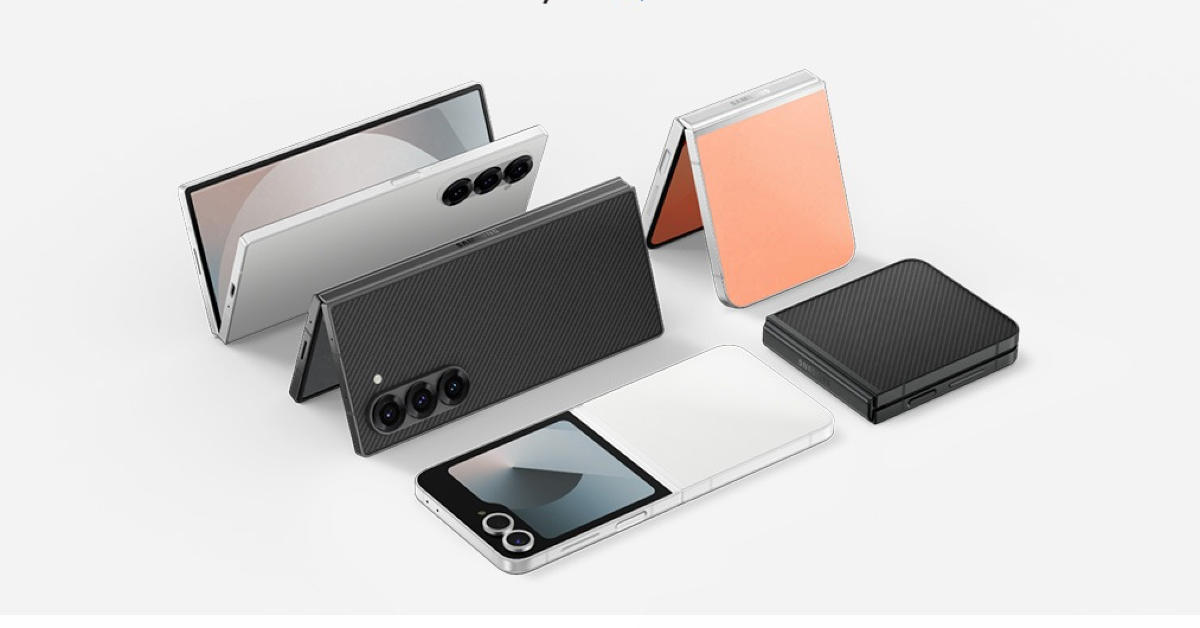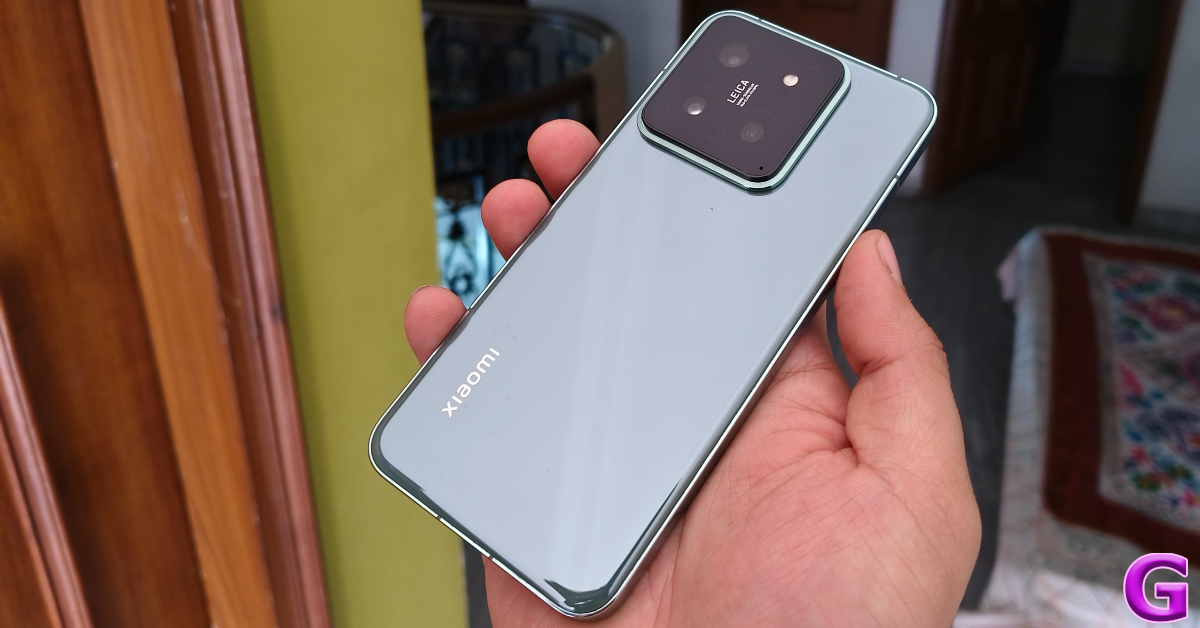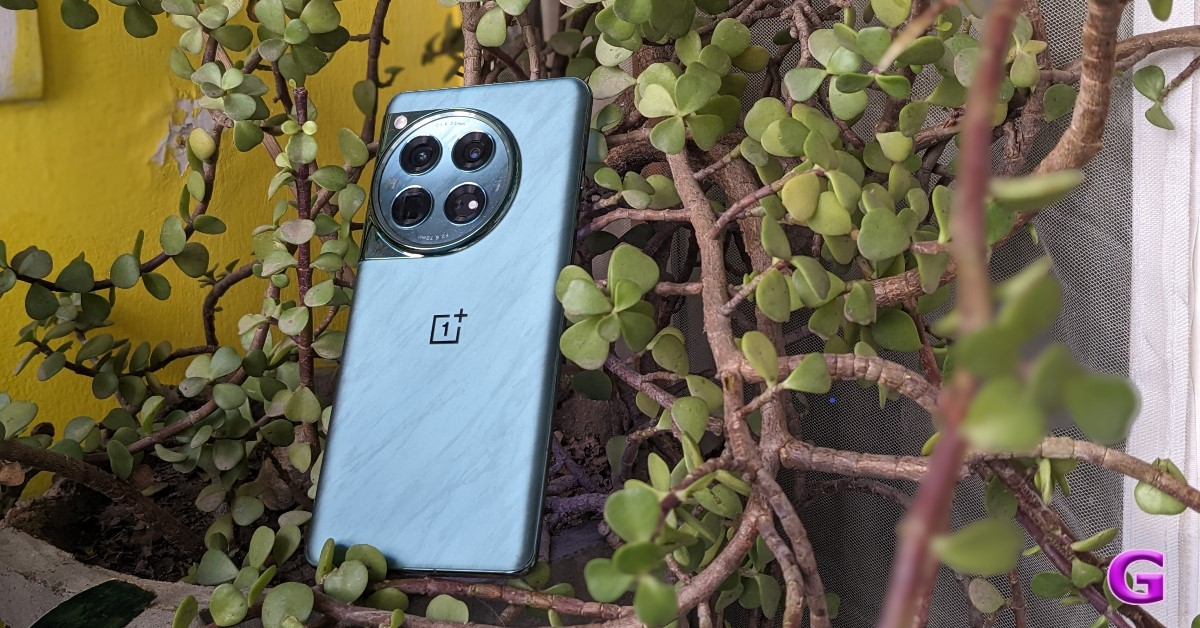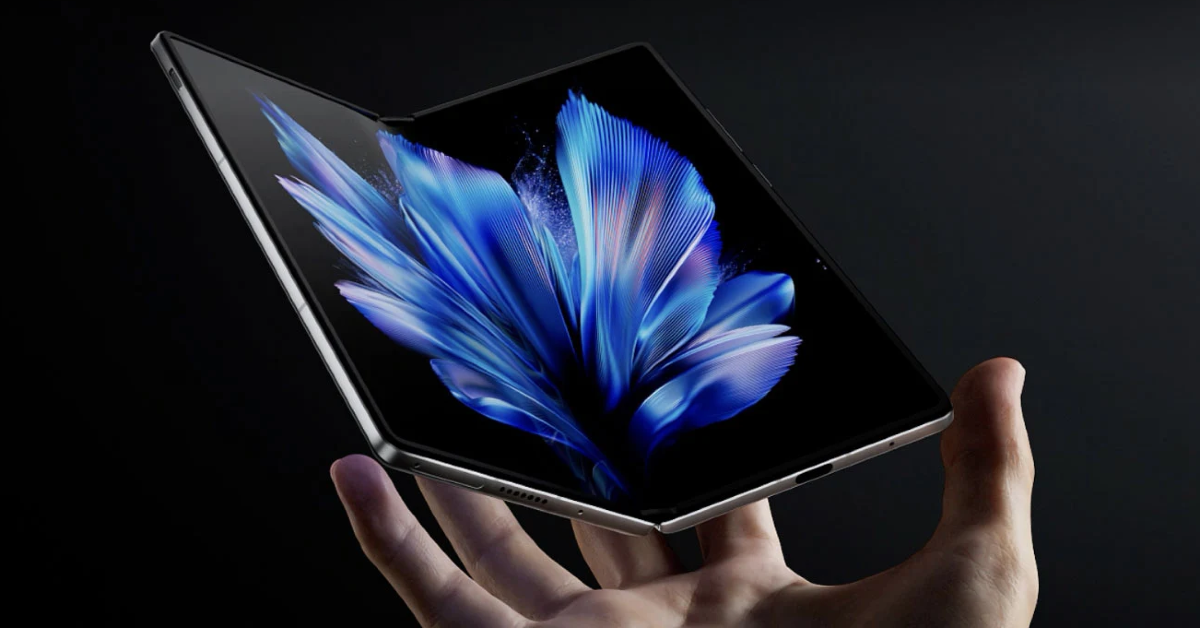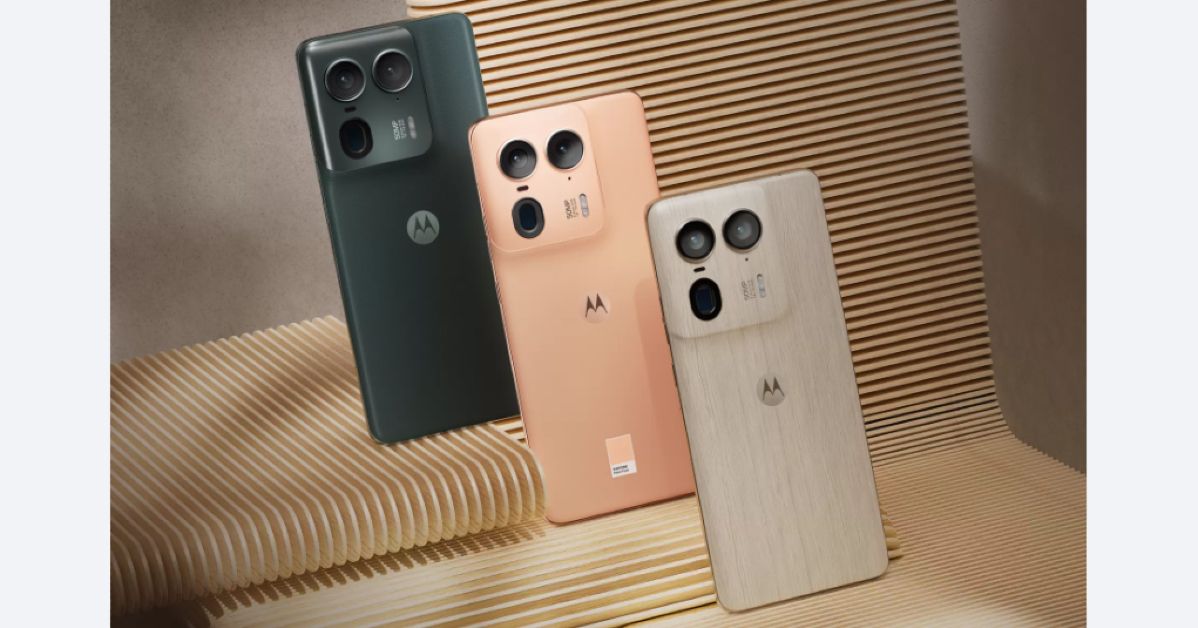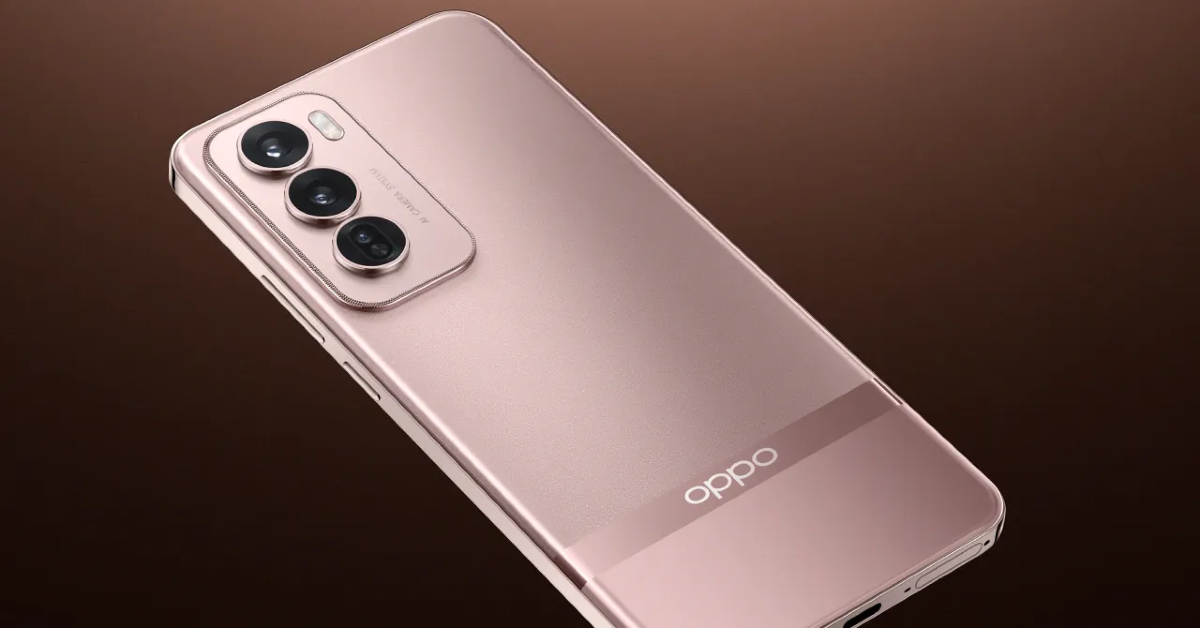When OpenAI’s ChatGPT broke into the mainstream towards the end of 2022, the infusion of AI tech into consumer tech seemed inevitable. In 2024, two major players, Google and Samsung, have successfully integrated AI tech into their flagship smartphone offerings, but it still feels like the best is yet to come. If you’re looking to buy a flagship smartphone this year, AI integration is something you should certainly consider before making a purchase. So, let’s take a look at the best smartphones with AI features that you can buy right now.
Read Also: Samsung Galaxy M55 5G, Galaxy M15 5G India launch today: Price in India, specs details
In This Article
Samsung Galaxy S24 Series
Galaxy AI was Samsung’s biggest talking at the launch event for its Galaxy S24 Series of smartphones. All three Galaxy S24 smartphones are equipped with Samsung’s AI suite of features. This AI package is also being rolled out to other Samsung smartphones like Galaxy S23 (including Plus, Ultra, and FE) and Galaxy Z Flip and Fold 5. You may already have heard of ‘Circe to Search’ a heavily marketed AI feature on the Galaxy S24 smartphones which can perform a Google search for any object you circle on the screen.
Apart from Circle to Search (which isn’t a part of the Galaxy AI suite), the Galaxy S24 Series has the most extensive set of AI features on any smartphone right now, regardless of the platform. With Galaxy AI you can translate your phone calls in real-time, create transcriptions and summaries of your voice notes, summarise any web page, and more. The smartphone also employs AI for photo editing tasks. You can read more about it here. However, the Galaxy AI package is free only until the end of 2025. The tech giant will likely introduce a subscription-based model for its AI services in 2026.
Google Pixel 9 Series
When Android OEMs are going all in on AI, it shouldn’t be surprising that Google, the home of Android, is leading the line. The newly launched Google Pixel 9 builds upon the AI features of its previous iteration. The familiar Magic Editor can now use generative AI to reimagine your pictures and add more details to them. For example, you can edit a picture of a sunny day to make it look more overcast. It also gets a new ‘Auto Frame’ tool which aligns the subject to the centre of the image and then zooms out. Using generative AI, the Pixel studies the scene and fills the additional space with relevant content.
Google Pixel 9 also marks the debut of new AI apps like Pixel Studio, Screenshots, and Weather. Pixel Studio generates AI images using prompts given by the user. The Screenshots app stores all the screenshots you have taken on the device and generates short summaries for every image. You can add a note to your screenshots, make collections, and easily find them by typing their description in the search tab. The new Weather app has a cool interface and generates AI weather reports based on the current condition.
One of our favourite AI features on the Google Pixel 9 is Call Notes. This feature works in tandem with the call recorder in the Phone app. Once you record a call, Call Notes transcribes and summarises it using on-device AI. The transcript is attached to the call’s entry in the call log on the Phone app.
Lastly, the Gemini integration on the Pixel 9 has been done very tastefully. You can trigger it at any time by long-pressing the side key. You can send Gemini a text query or simply snap a picture and ask what’s on your mind. The AI bot has access to Google Assistant, which means it can carry out tasks like setting alarms and timers, taking screenshots, and more.
Samsung Galaxy Z Fold and Flip 6
Samsung’s 2024 foldable lineup pushes the boundaries of Galaxy AI which first made its appearance on the S24 Series earlier this year. The Samsung Galaxy Z Fold and Flip 6 maximise what can be done with Galaxy AI using the ‘Flex Mode’. The Galaxy Z Fold 6 in particular makes use of the AI in novel ways due to its large screen real estate. For example, the Interpreter works better on foldable as it allows the conversation to take place more freely by using the cover screen and the inner screen to display the translated text to both parties simultaneously.
If you like doodling around on the Fold 6, you can use Sketch to Image to turn your drawings into pictures within seconds. The Portrait Studio can create animated versions of your pictures in different styles. On top of that, older Galaxy AI features like Live Translate, Circle to Search, and Note Assist have been improved.
Xiaomi 14 Series
Xiaomi’s flagship smartphones are known for having some of the best camera modules. This year’s Xiaomi 14 Ultra gets a quad camera setup at the back, housed inside a giant round cutout. Wide (50MP), ultrawide (50MP), telephoto (50MP), and periscope telephoto (50MP) sensors make up this camera module. Under the hood, the Xiaomi 14 and 14 Ultra are powered by the latest Snapdragon 8 Gen 3 chipset.
When it comes to AI, Xiaomi is still a few steps behind Google and Samsung. At the MWC 2024 debut of the 14 Series, the Chinese tech giant unveiled just one AI feature which is still being rolled out for the two smartphones. ‘AI Portrait’ generates pictures of any subject based on the prompt given by the user. Of course, you will need to train the AI model by providing it with a few sample pictures of the subject before it generates results based on your prompts. Another AI feature hidden away in the Gallery app is ‘Video Effects’ which adds special highlights to your portrait videos. Check out our review of the Xiaomi 14 here.
OnePlus 12
Like Xiaomi, OnePlus has also lagged behind when it comes to offering AI features on its flagship smartphones. This is particularly surprising in the case of OnePlus as it is the preferred brand for a big chunk of tech enthusiasts across the world. The new OnePlus 12 (our review here) released earlier this year did not have any AI-driven tools. But the Chinese OEM has now introduced a Magic Eraser-like photo editing tool in the latest OxygenOS update.
Based on Oppo’s AndesGPT, OnePlus’ AI Eraser can remove intrusive and unwanted objects from your images and fill the gaps seamlessly. It does this by using advanced algorithms to extract contextual cues from the image background. The results are generally very good. The only downside is that the computational process for object removal using AI Eraser is not carried out on the device. OnePlus uses its cloud servers for the job.
Talking about other specs, the new OnePlus 12 is powered by the latest Snapdragon 8 Gen 3 chipset. The triple camera setup on the smartphone consists of a 50MP wide lens, a 48 ultrawide lens, and a 64MP periscope telephoto lens. The 6.82-inch LTPO AMOLED display can reach a peak brightness of 4,500 nits and supports a maximum refresh rate of 120Hz.
Vivo X Fold3 Pro
Vivo’s newest foldable, the X Fold3 Pro, is integrated with Google’s Gemini AI and packs a lot of interesting AI-driven features. The AI Note Assist feature summarises your text notes and presents them in neat bullet points. Gemini also supplements the summary with helpful tags which allow the user to navigate to the relevant information in the note with just one tap.
AI Transcript Assist does the same thing for voice notes. You can create a transcript for your voice memo with just one tap and then summarise it. Screen Translation is another feature of the Gemini package on the X Fold3 Pro. As the name suggests, it translates the text on the screen into the language of your choice.
The Vivo X Fold3 Pro flaunts an 8.03-inch LTPO AMOLED display along with a 6.53-inch AMOLED display. Powering the folding smartphone is the flagship Snapdragon 8 Gen 3 chipset. The rear camera array of the smartphone comprises a 50MP primary shooter, another 50MP ultrawide lens, and a 64MP periscope telephoto lens. There are 2 32MP sensors on the cover and inner displays for the selfie cameras.
Motorola Edge 50 Ultra
The newly launched Motorola Edge 50 Ultra features ‘Moto AI’, the company’s suite of AI features. But before we get to that, let’s talk about the general specifications. The Edge 50 Ultra is powered by the Snapdragon 8s Gen 3 SoC while Adreno 735 handles the GPU duties. It flaunts a 6.7-inch P-OLED display with a refresh rate of 144Hz and a peak brightness of 2,500 nits. The rear camera unit on the smartphone comprises a 50MP primary shooter, a 64MP telephoto sensor, and another 50MP ultrawide lens.
‘Moto AI’ is not plastered on the OS in a way that is ‘in your face’. Instead, it is infused intelligently and works as much behind the scenes as it does outwardly. For example, it gives a boost to the camera app and bumps up the quality of the pictures taken in limited lighting conditions. Other than camera enhancements, Moto AI can create beautiful wallpapers from the images you feed to it. If you see an interesting pattern or a colourful scene in the wild, simply take a picture and let Moto AI do the rest.
Oppo Reno12 Series
The new Oppo Reno12 Series has a handy AI suite of features powered by Google’s Gemini AI. The AI Eraser 2.0 tool removes unwanted objects from your images using AI. AI Writer helps you compose messages and emails while also checking the grammar of the text you’ve written yourself. It can also come up with suggestions to expand your messages and complete your sentences. AI Studio is perhaps one of the most ‘fun’ features of the phone. It can turn your images into thematic animated pictures. On top of that, Oppo Reno12 also features standard translation tools.
Conclusion
These are the top 8 smartphones with AI features that you can buy right now. If you’re an Apple loyalist, you’ve got exciting things coming your way. At its annual WWDC24 event this month, the tech giant showcased ‘Apple Intelligence’ for the upcoming iOS 18 (and other software). Releasing this fall, the iPhone 16 Series will rock cutting-edge AI features. Older iPhones that are eligible for the iOS 18 update will be able to use these features too.



